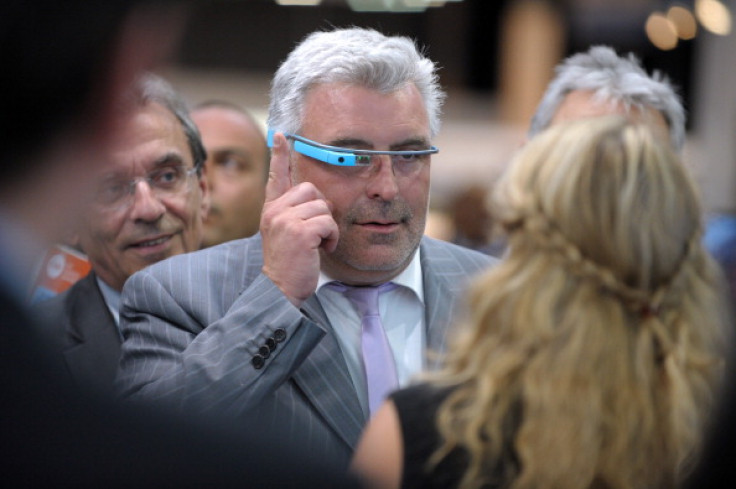Google Glass User is First Patient Diagnosed with Internet Addiction Disorder

A Google Glass user who was reportedly using the technology for an estimated 18 hours a day has been confirmed by scientists as the first patient suffering from an Internet addiction disorder.
The 31-year-old US navy serviceman was tuned into Google Glass throughout the day and removed it only while sleeping and bathing.
He had checked into a center for alcoholism treatment in 2013, and the facility not only mandates patients to stay away from all addictions but also takes away electronic devices.
Doctors reportedly witnessed seeing the man tapping his right temple with his index finger repeatedly – and said the involuntary movement was how he used to switch on the heads-up display on his Google Glass.
In a bizarre twist, the man even reported of experiencing his dreams as if he was viewing them through the device's grey window.
The man eventually complained of feeling irritable and argumentative after the device was taken away from him.
People used to believe alcoholism wasn't a problem – they blamed the person or the people around them. It's just going to take a while for us to realise that this is real. The danger with wearable technology is that you're allowed to be almost constantly in the closet, while appearing like you're present in the moment.
Dr. Andrew Doan, head of addictions and resilience research at the US navy's Substance Abuse and Recovery Programme (Sarp) believes a growing number of people are suffering from Internet addiction.
"People used to believe alcoholism wasn't a problem – they blamed the person or the people around them. It's just going to take a while for us to realise that this is real," said Dr. Doan.
The Google Glass addict complained to Dr. Doan that, "the Google Glass withdrawal was greater than the alcohol withdrawal he was experiencing."
"There's nothing inherently bad about Google Glass. For an individual who's looking to escape, for an individual who has underlying mental dysregulation, for people with a predisposition for addiction, technology provides a very convenient way to access these rushes. And the danger with wearable technology is that you're allowed to be almost constantly in the closet, while appearing like you're present in the moment," said Dr. Doan.
Numerous psychiatrists have shunned the conventional electronic gadgets, like PCs, tablets and cell phones that have gripped both adults and children's lives.
Daria Kuss, an Internet addiction researcher at the Nottingham Trent University says that while Internet addiction is on the rise, more research is needed to effectively diagnose and treat suffering patients.
© Copyright IBTimes 2024. All rights reserved.






